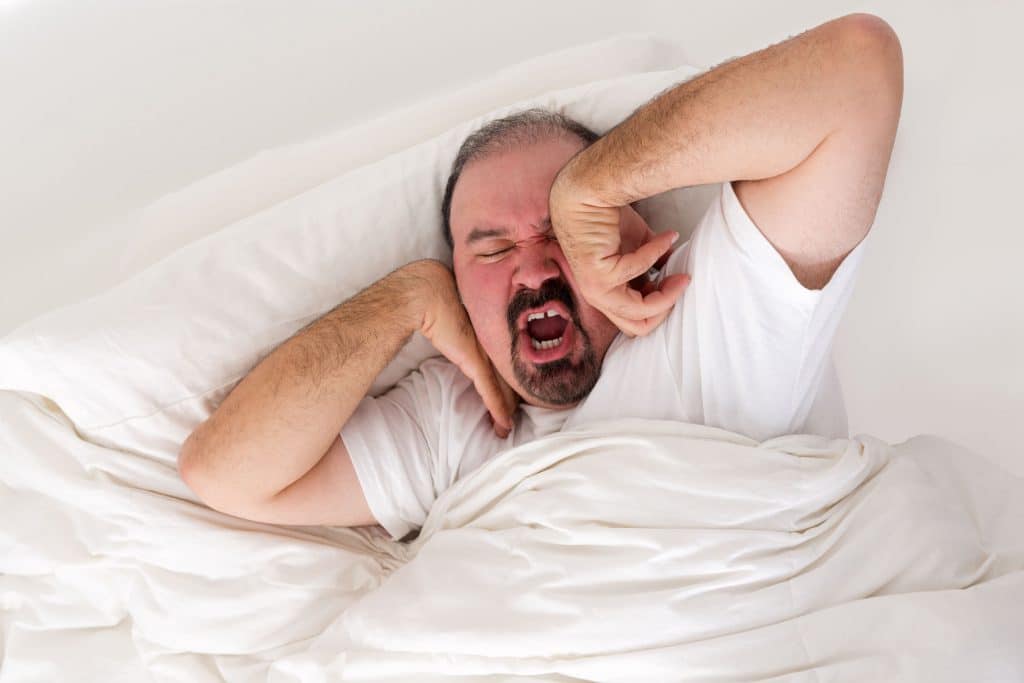If you’ve been feeling tired during the day, waking up with shortness of breath, loud snoring, or just generally having trouble sleeping, you may not think to talk to your dentist about it. But all of those struggles are symptoms of sleep apnea, a common condition that causes people to temporarily stop breathing at night while you sleep. Sleep apnea cases can range from mild to severe, but one thing is certain — sleep deprivation, whether from sleep apnea or other causes, is proven to have tons of negative long-term and short-term effects. Luckily, there are many ways to diagnose and treat sleep apnea. Although many people think they need to go through all-night sleep testing to diagnose sleep apnea (ugh) and have surgery to correct the problem (yikes), there are simpler, less invasive diagnosis and treatment options, and they start at the dentist’s office.
How can a dentist diagnose sleep apnea? According to dental archive DentalAegis, signs of sleep apnea include “gastroesophageal reflux disease, tooth wear from bruxism, scalloped tongue, enlarged tonsils, and enlarged tongue — all signs that can be easily spotted during routine appointments.” Tell your dentist about the symptoms you’ve been having, and he or she will know what to look for.
In many cases, a dentist can diagnose and treat sleep apnea in one or more visits. While surgery can be done to help open the blocked airways that cause sleep apnea (and, in some cases, it’s unfortunately required), a dentist can fit you for an appliance that accomplishes the same thing. Dental sleep appliances are effective and don’t have the same recovery period, risks, or costs associated with surgery.
Before you go all-in on sleep tests or surgery to diagnose and treat sleep apnea, make a dental appointment and talk to your DDS about your symptoms. Your dentist just might be your simplest solution for solving sleep apnea and getting better sleep.
Both dental offices of DeJesus Dental Group have the proper staffing to help you evaluate your sleep apnea options. Our offices are in Shelton and Bridgeport where we see patients for a variety of dental needs.
Home | In The News | Having Trouble Sleeping? Talk to Your Dentist.
Having Trouble Sleeping? Talk to Your Dentist.

Disclaimer: The information provided in this blog is for informational purposes only and does not constitute medical advice. Consult a qualified dental professional to determine the best dental/orthodontic treatment for your needs.
